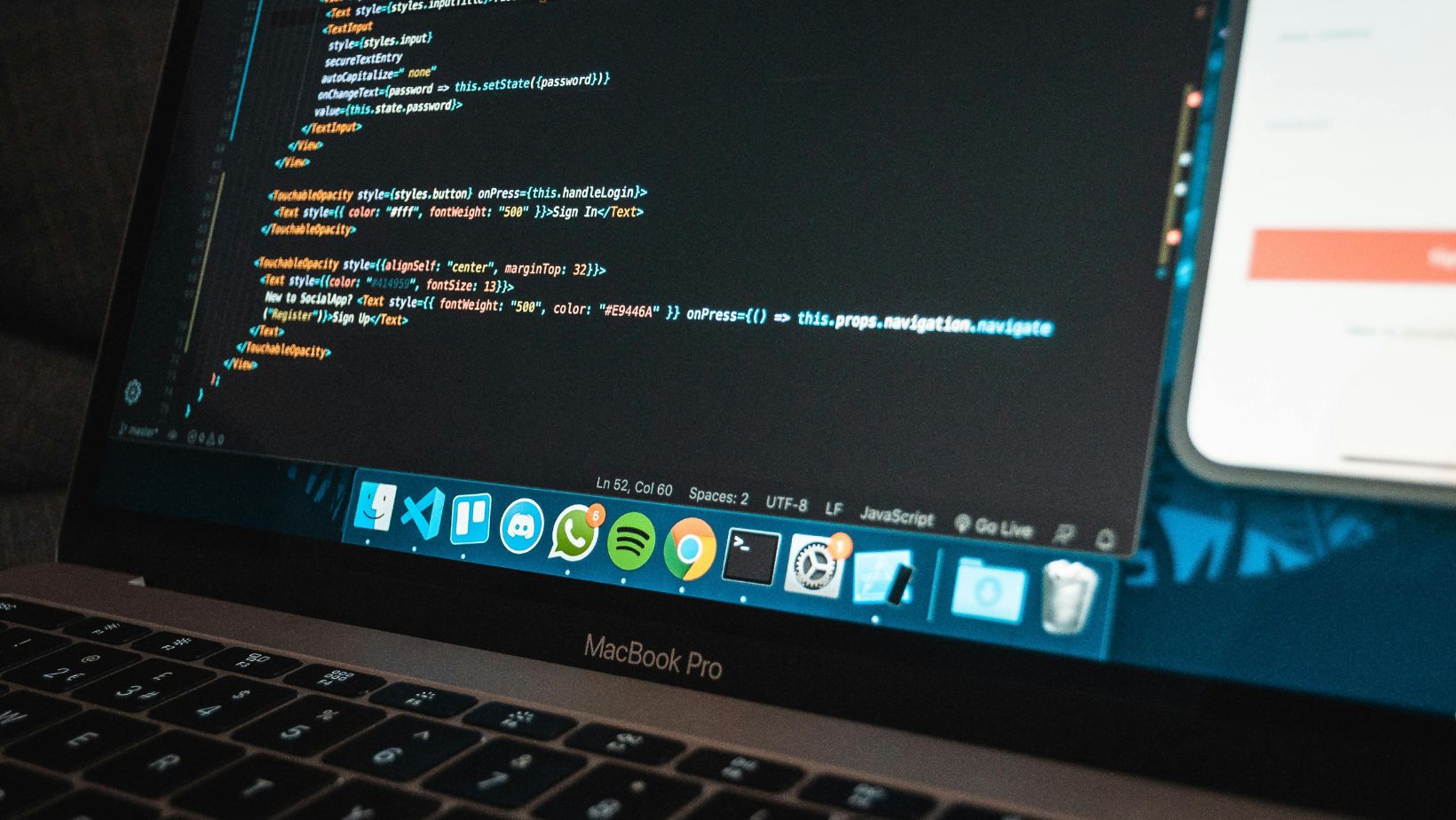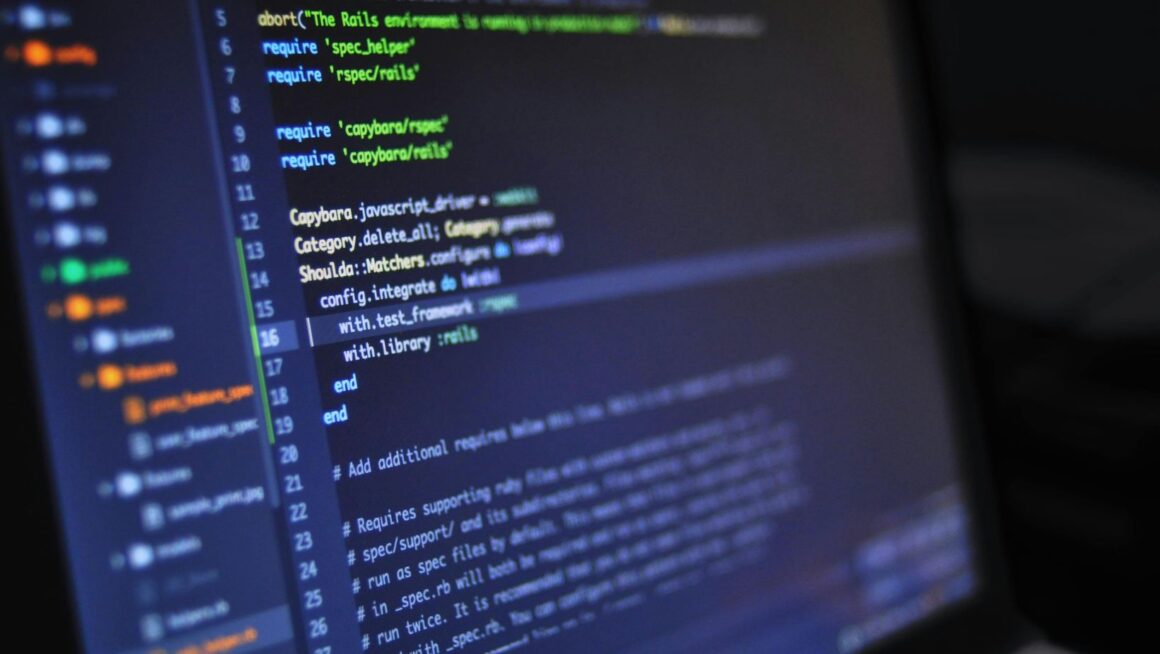Ethical issues in student software development arise when students compromise academic integrity by plagiarizing code, misrepresenting their work, or ignoring proper licensing. Such misconduct undermines learning, critical thinking, and problem-solving skills, preventing students from developing the competence required for professional software development. Maintaining honesty and originality is essential to building both technical skill and trustworthiness in future careers.
In addition, tools like the Canvas AI checker make it easier for instructors to detect copied or improperly reused code, emphasizing the importance of ethical practices. Relying on shortcuts or misrepresenting work not only risks immediate academic penalties but also damages professional credibility, reputation, and future career opportunities. Upholding ethical standards ensures students gain real experience, develop confidence, and establish a foundation for responsible software development.
Plagiarism Consequences for Students
Ethical issues in student software development
Ethical issues in student software development arise when students compromise academic integrity by plagiarizing code, misrepresenting their work, or ignoring proper licensing. Such misconduct not only violates university policies but also undermines learning, critical thinking, and problem-solving skills. Engaging in unethical practices can lead to reputation damage, hinder professional credibility, and set harmful precedents for future work. Prioritizing honesty and original coding fosters responsible, skilled, and trustworthy software developers.
Key academic consequences of plagiarism include:
- Failing grades: Entire projects or courses may be marked as zero.
- Disciplinary action: Formal warnings, probation, or expulsion.
- Loss of trust: Faculty and peers may question your commitment to academic integrity.
Programming project plagiarism consequences
Plagiarism in IT projects can lead to serious repercussions during a student’s academic journey. Programming project plagiarism consequences are more severe than many realize. Unlike essays, copied code can easily be detected by automated tools like MOSS or Turnitin, which universities now routinely use to ensure originality. Students caught plagiarizing may face failing grades, suspension, or even expulsion. Beyond formal penalties, plagiarism can damage a student’s learning experience, leaving gaps in coding knowledge that are difficult to recover from.
Plagiarism in IT projects: Self-plagiarism vs plagiarism in coding
Plagiarism in IT projects differs from other types of academic dishonesty. Copying small snippets may seem harmless, but even minor instances can disrupt understanding of fundamental concepts. Self-plagiarism vs plagiarism in coding is another concern: reusing your previous work without citation undermines the learning process and can be flagged by professors. Misconduct in student projects, whether intentional or accidental, compromises both academic and technical credibility.

By maintaining academic integrity in computing, students build essential problem-solving skills and technical confidence. Avoiding plagiarism ensures that every project reflects genuine effort, providing a strong foundation for future career success.
Impact of Plagiarism on Career
The repercussions of plagiarism extend well beyond the university. Future career disadvantages often begin with copying code affect job opportunities, as employers increasingly review applicants’ coding portfolios, academic records, and references for evidence of integrity. Resume plagiarism risk is real: some employers may request project samples or ask about academic conduct, and discovering dishonesty can disqualify a candidate from competitive positions.
How plagiarism can affect your career:
- Hiring decisions: Employers value authenticity and skills; plagiarism signals dishonesty.
- Portfolio credibility: Plagiarized code undermines evidence of competency.
- Networking opportunities: Colleagues and mentors may be hesitant to collaborate with someone known for misconduct.
How employers view academic dishonesty?
How employers view academic dishonesty is often strict. In IT, where projects often involve sensitive data and intellectual property, professional credibility and plagiarism are closely linked. Ethical issues in student software development, such as violating copyright or misrepresenting one’s work, signal potential risk for future employers. Even minor incidents can contribute to reputation damage from plagiarism, affecting not only immediate job offers but long-term professional relationships.
Developing a genuine understanding of software development and completing original projects demonstrates accountability, problem-solving skills, and reliability. By prioritizing academic integrity in computing, students position themselves as trustworthy candidates who can confidently meet industry standards.
Long-Term Effects of Plagiarism
Even if plagiarism in IT projects does not result in immediate disciplinary action, the long-term effects can be damaging. Repeated misconduct in student projects can create knowledge gaps, leaving graduates underprepared for real-world coding tasks. Future career disadvantages are compounded when individuals rely on shortcuts, making it difficult to handle complex assignments independently.
Long-term risks of plagiarism:
| Risk | Explanation |
| Skill deficits | Reliance on copied code reduces problem-solving ability. |
| Reputation damage | Word spreads within academic and professional circles about integrity breaches. |
| Professional credibility | Employers may doubt the honesty of work submitted in professional contexts. |
| Career stagnation | Limited opportunities for promotions or certifications if honesty is questioned. |
How plagiarism hurts job prospects?
How plagiarism hurts job prospects goes beyond missing technical skills. Copying code affects job opportunities because recruiters and hiring managers may see students’ portfolios as unreliable. Professional credibility and plagiarism are closely tied in IT: trust is paramount, and dishonesty in academic projects can indicate potential ethical breaches in the workplace. Ethical lapses during student years may also influence personal confidence, leading to imposter syndrome or a habit of taking shortcuts rather than learning properly.
By understanding the long-term consequences, students can make informed choices that protect both their academic reputation and career trajectory. Demonstrating integrity through original work enhances employability, builds credibility, and fosters a sense of pride in one’s accomplishments. Avoiding plagiarism ensures that graduates leave school with genuine knowledge, a strong portfolio, and a reputation for ethical behavior, all of which are essential for thriving in the competitive IT industry.
Bottom Line
Plagiarism in student IT projects is not just an academic issue—it can undermine future career success, reputation, and professional credibility. Programming project plagiarism consequences, ethical issues in student software development, and resume plagiarism risk all highlight how misconduct in student projects can translate into real-world disadvantages. By prioritizing academic integrity in computing, students protect their learning, maintain ethical standards, and position themselves for long-term professional achievement. The effort to complete original work today ensures a credible, capable, and trustworthy career tomorrow.


